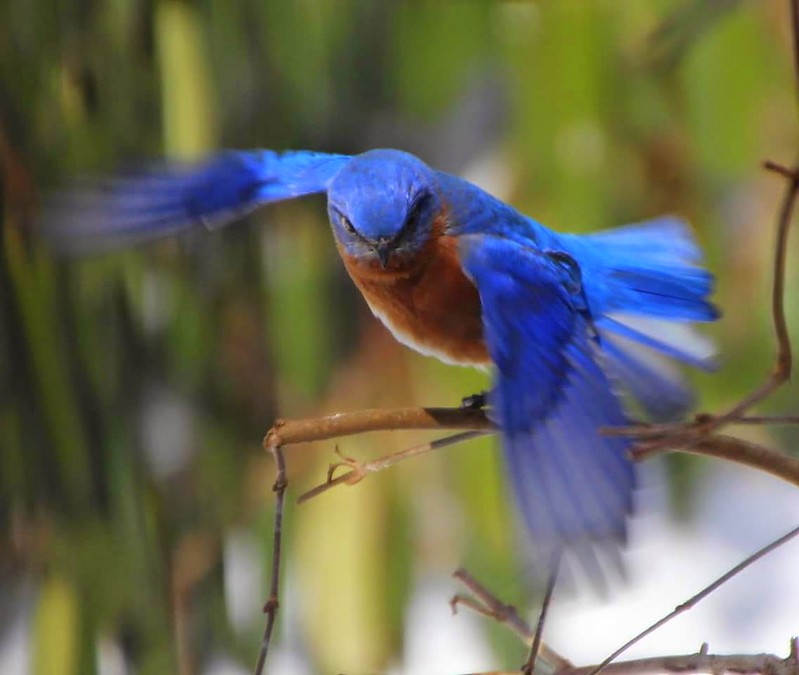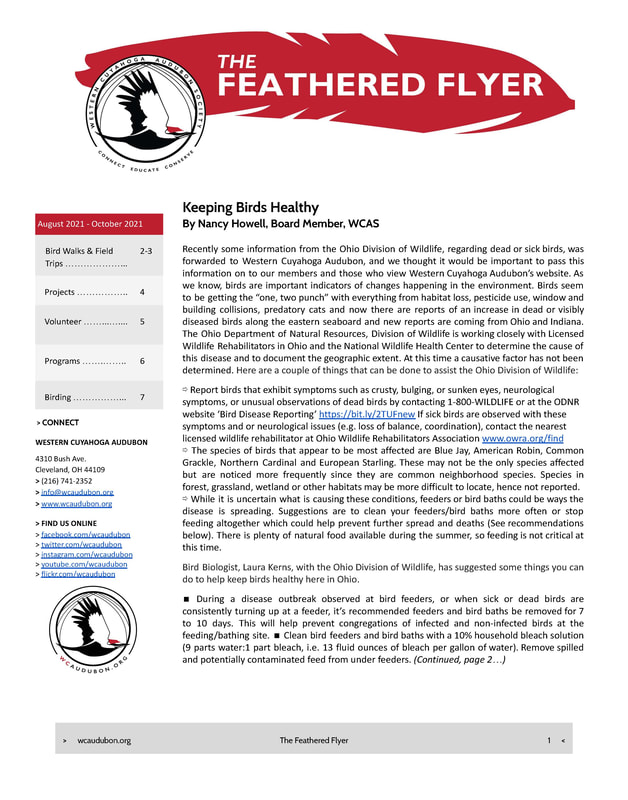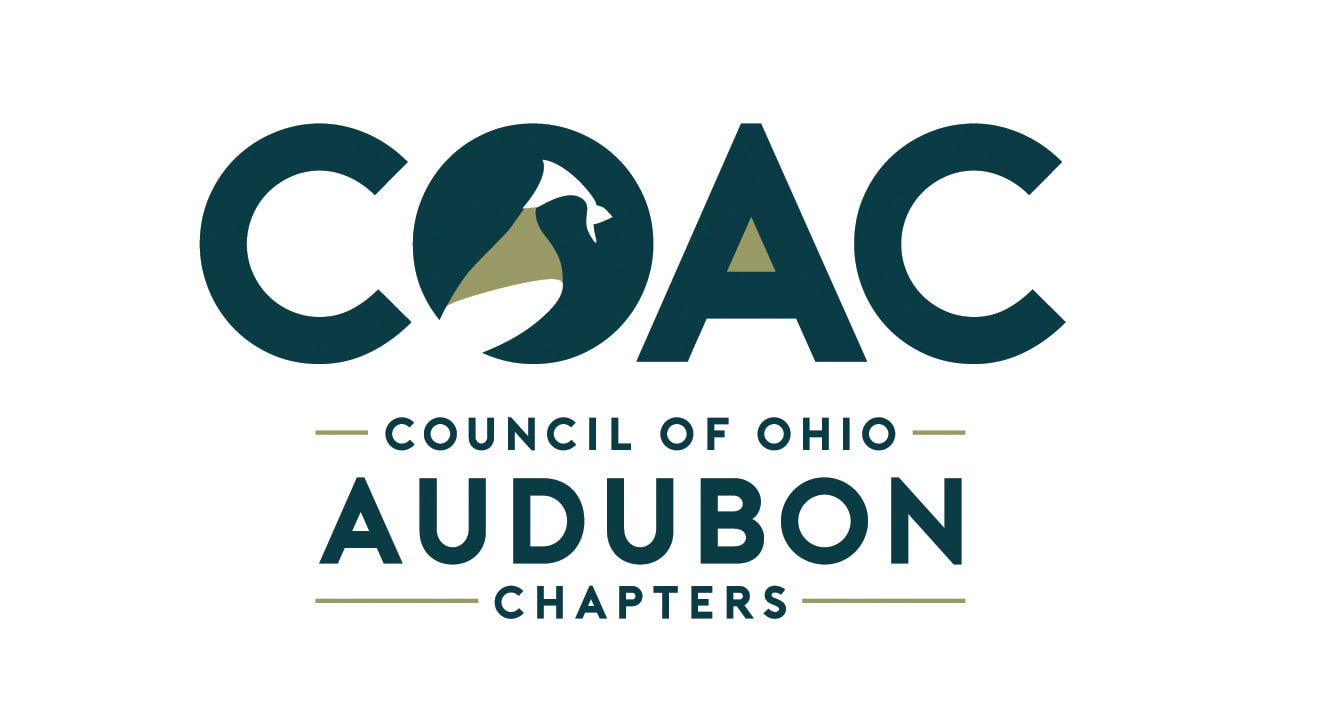EDUCATENews Blog
Monthly Speakers Field Reports Bird Walk Reports Christmas Bird Count-Lakewood Circle Media Library Newsletter Archive Education Resources STORE |
Western Cuyahoga Audubon Society
4310 Bush Avenue Cleveland, Ohio 44109 [email protected] Western Cuyahoga Audubon Society is a 501(c)(3) nonprofit organization. Your donation is tax-deductible. The tax ID number is: 34-1522665. If you prefer to mail your donation, please send your check to: Nancy Howell, Western Cuyahoga Audubon Treasurer, 19340 Fowles Rd, Middleburg Hts, OH 44130. © 2020 Western Cuyahoga Audubon Society. All rights reserved. Privacy Policy | Terms of Use | Legal | Store Shipping Rates | Site Map |










 RSS Feed
RSS Feed

